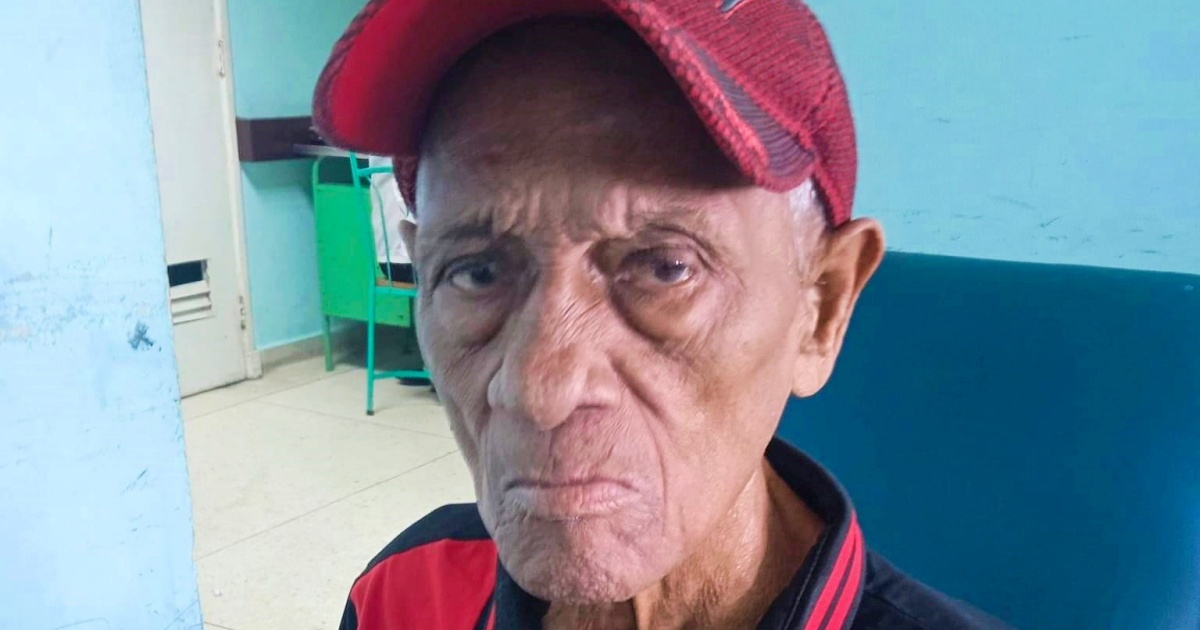An elderly Cuban man, aged 75, who suffers from senile dementia and diabetes, has been missing in Santiago de Cuba since the morning of May 23. The man, identified as Juan Gallo Bell, was last seen around 9:30 a.m. on Thursday at the corner of his house located at Carretera de Siboney kilometer 1, Loma de San Juan, behind the Hotel Villa San Juan, as reported on social media by journalist Yosmany Mayeta.
Despite his condition, the family indicated that he is "not an aggressive person" and urged anyone who sees him to immediately contact Niurka Gallo at +53 53526267. Many people in the comments section of the post expressed hopes for his safe return. Some users noted that individuals with dementia shouldn't be left alone, to which another person responded that it's easy to judge from the outside but perhaps the family members have to work, and hiring a caregiver is expensive, adding that "the pension isn't even enough for groceries."
Reports of missing persons in Cuba have become increasingly common in recent months, along with social media appeals for information, against a backdrop of growing violence in the country. A portion of these systematic reports of disappearances involves individuals who have conditions or disabilities that make them more prone to going missing.
Recently, there was a happy ending for a report about an 18-year-old autistic boy from Matanzas who was missing for nearly a week but was eventually found safe and sound.
Questions About Missing Persons in Cuba
Given the rising number of missing persons in Cuba, many people have questions about how to handle such situations and what steps can be taken to prevent them. Here are some frequently asked questions and their answers:
What should you do if a loved one goes missing?
Immediately contact local authorities and provide them with a recent photo and detailed description of the missing person. Use social media to spread the word and ask friends and family to share the information.
How can families prevent elderly relatives with dementia from going missing?
Families can use GPS tracking devices, ensure the person always has identification on them, and create a safe, monitored environment. It's also helpful to inform neighbors about the person's condition so they can assist if needed.
